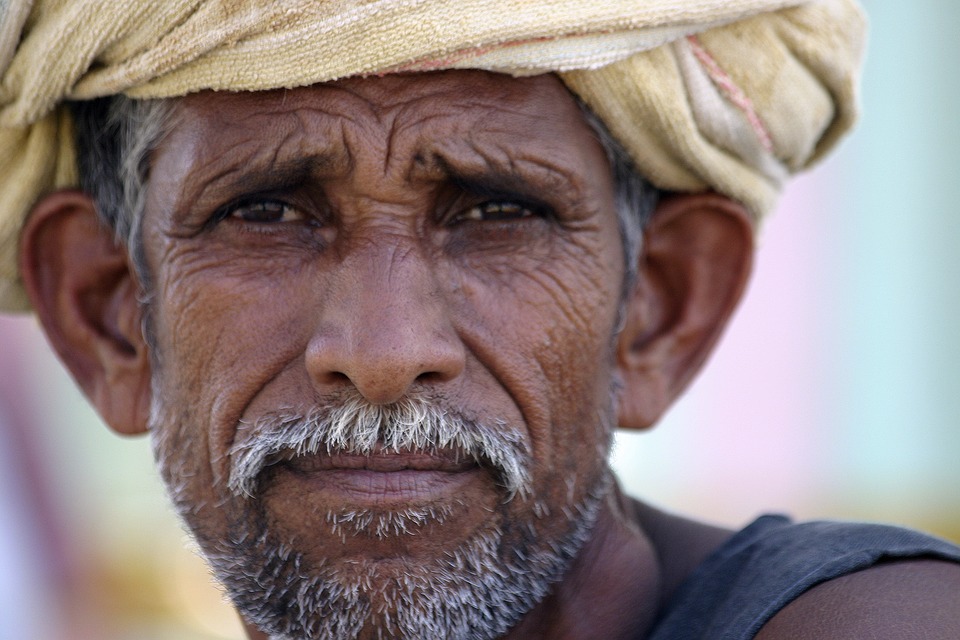Experts gather at UNESCO Institute to discuss new strategy for literacy
The two-day expert meeting was the culmination of several consultations led by the UNESCO Secretariat.

- Country:
- Germany
Experts from around the world gathered at the UNESCO Institute for Lifelong Learning in Hamburg on 28 and 29 May 2019 to discuss UNESCO's new strategy for literacy and to determine the steps needed to promote literacy within the framework of lifelong learning for all.
The two-day expert meeting was the culmination of several consultations led by the UNESCO Secretariat. Twenty-two experts, representing academia, national and regional civil society organizations, international development agencies and youth, took part in the meeting. Members of the UNESCO International Literacy Prize jury and of the UIL Governing Board also participated.
In the draft strategy, UNESCO argues that although literacy provision at a global level has advanced over the past five decades, there are more adults without basic literacy skills now than there were 50 years ago. Moreover, different demands for different literacy skills are emerging with the development of technology in society and the economy. To address this urgent situation, UNESCO proposes a new strategic vision and four priority areas to promote youth and adult literacy through advocacy, research, policy support and programmatic actions:
Formulating national policies and strategies that integrate literacy within a holistic, cross-sectoral, lifelong and life-wide learning perspective.
Addressing the needs of disadvantaged groups, particularly, out-of-school youth, women and girls, and people on the move.
Leveraging digital technologies to expand access and improve the relevance of learning outcomes.
Monitoring programmes and assessing literacy skills for decision-making and accountability.
The new strategy will cover the period from 2020 to 2025 and will guide UNESCO’s future actions to support Member States in achieving the Sustainable Development Goal (SDG) 4 target on youth and adult literacy (SDG 4.6). It will reflect UNESCO’s two global priority areas of gender equality and Africa while giving special attention to conflict-affected countries and the 29 target countries of the Global Alliance for Literacy within the Framework of Lifelong Learning.
A revised strategy, integrating contributions from the expert meeting (May 2019), as well as from an online consultation with the UNESCO Member States and partners (April 2019), will be presented at the 207th session of the UNESCO Executive Board in October 2019.










